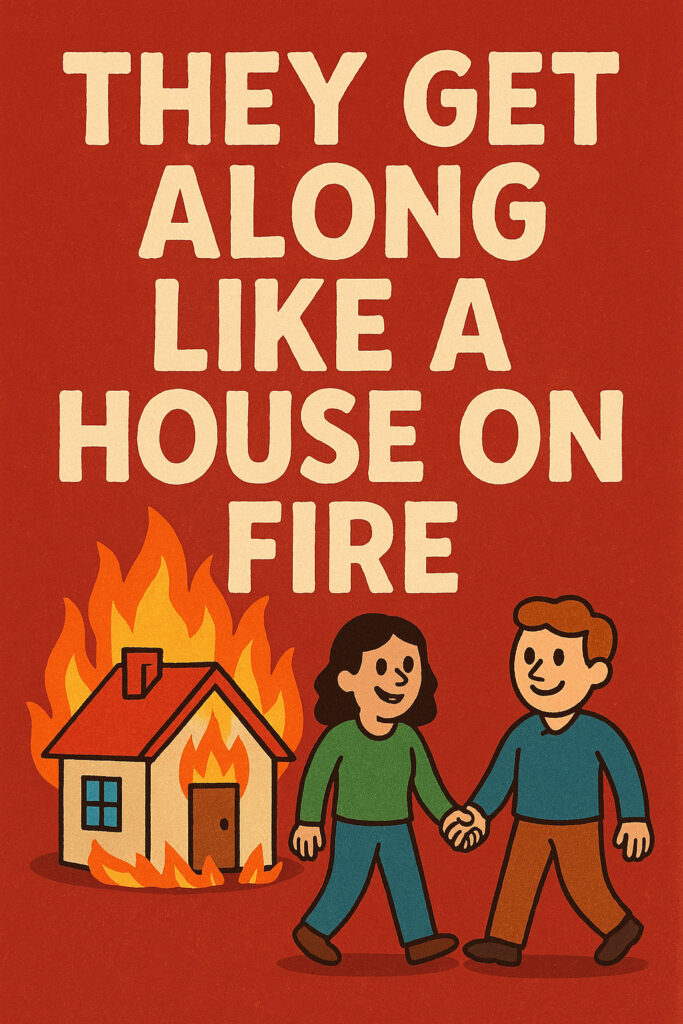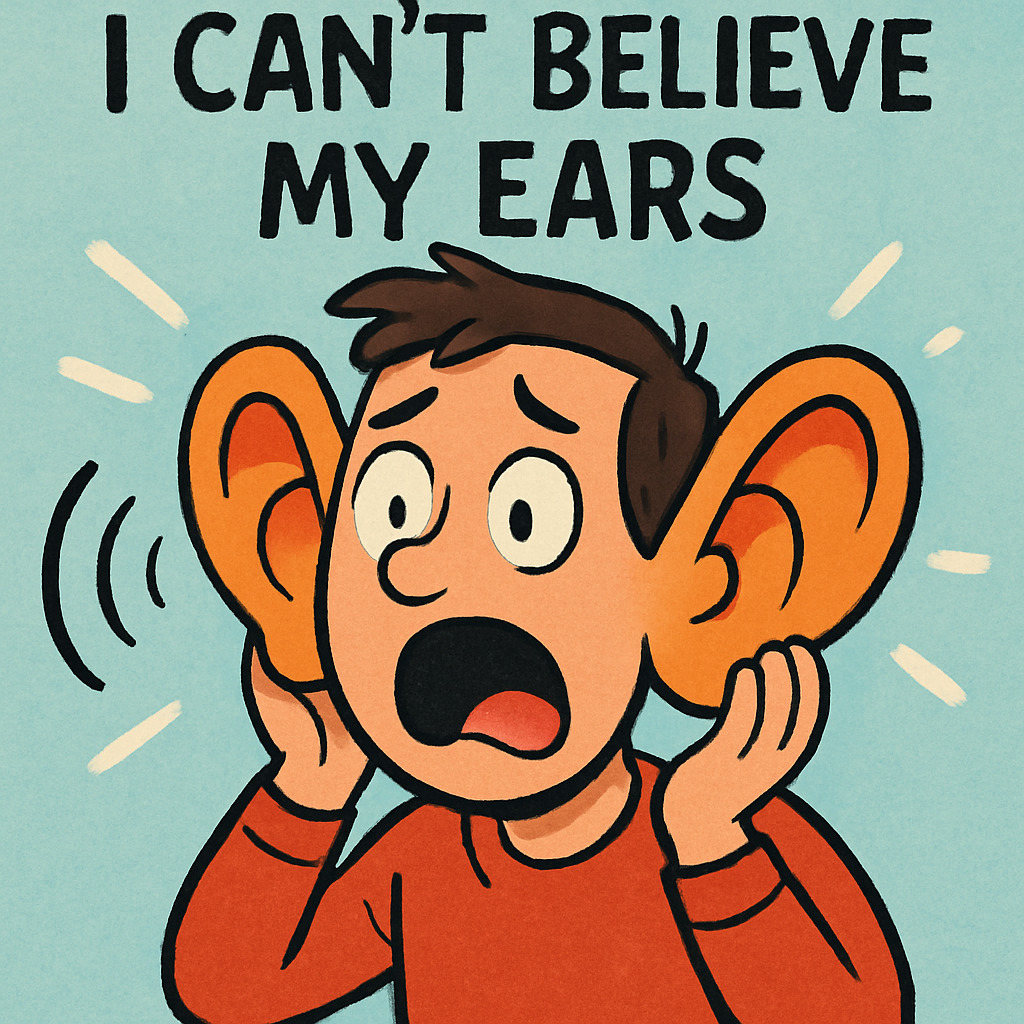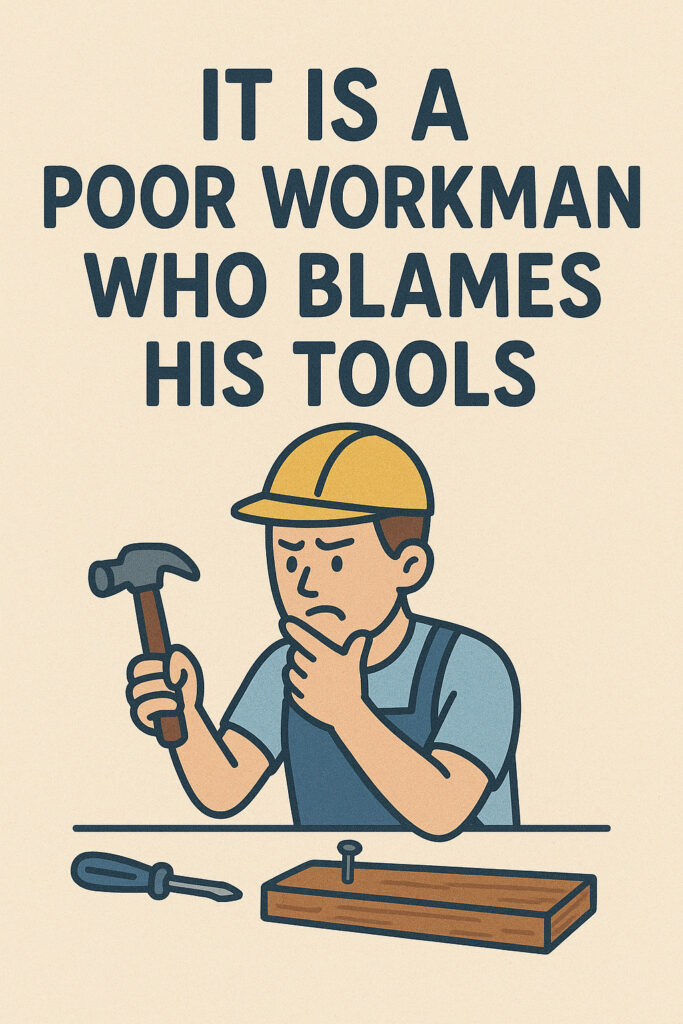
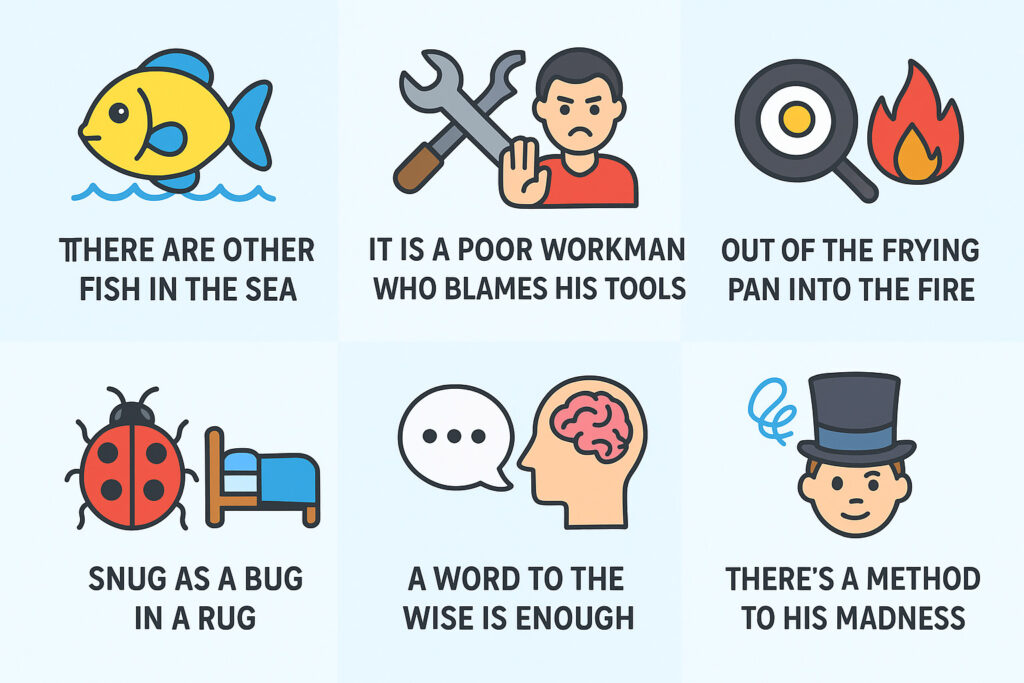
THERE ARE OTHER FISH IN THE SEA.
Haverá outras oportunidades.
THERE’S A METHOD TO HIS MADNESS.
Ele é mais esperto do que pensa.
IT IS A POOR WORKMAN WHO BLAMES HIS TOOLS.
Não culpe outra pessoa por seus erros.
OUT OF THE FRYING PAN TO THE FIRE.
De mal a pior.
SNUG AS A BUG IN A RUG.
Está super confortável.
A WORD TO THE WISE IS ENOUGH.
Para um bom entendedor, meia palavra basta.
Gustavo Decleve’s contribution
🐟 THERE ARE OTHER FISH IN THE SEA
Meaning:
It means there are plenty of other opportunities, people, or possibilities, especially after a disappointment.
Most commonly, it’s used to comfort someone after a breakup, rejection, or something that didn’t work out, reminding them that better options still exist.
✅ Examples
- After a breakup:
“I know you’re sad, but don’t worry — there are other fish in the sea.” - After not getting a job:
“You didn’t get the position? That’s tough, but there are other fish in the sea.” - After a friendship ends:
“If she doesn’t value you, there are other fish in the sea who will appreciate you.” - After missing an opportunity:
“You didn’t buy the house in time, but there are other fish in the sea.” - Encouragement:
“Don’t stress about this one chance. There are other fish in the sea.”
🧠 THERE IS A METHOD TO HIS MADNESS
✅ Meaning
This expression means that even if someone looks chaotic, strange, or illogical, they actually have a plan or a purpose behind what they are doing.
What seems like “madness” is actually organized or intentional.
It’s often used when someone’s behavior appears confusing at first, but then you realize it makes sense.
Continue lendo “Expressions to be studied in December/2025”


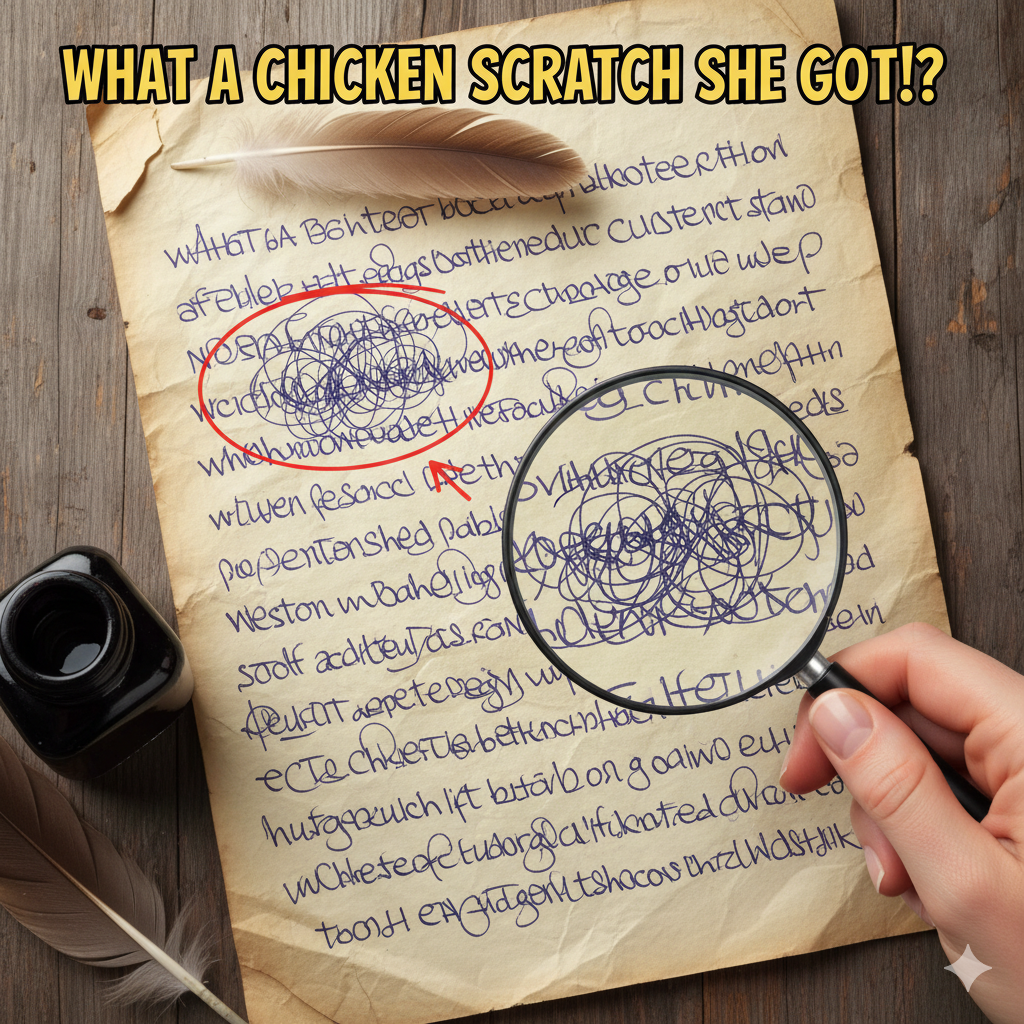
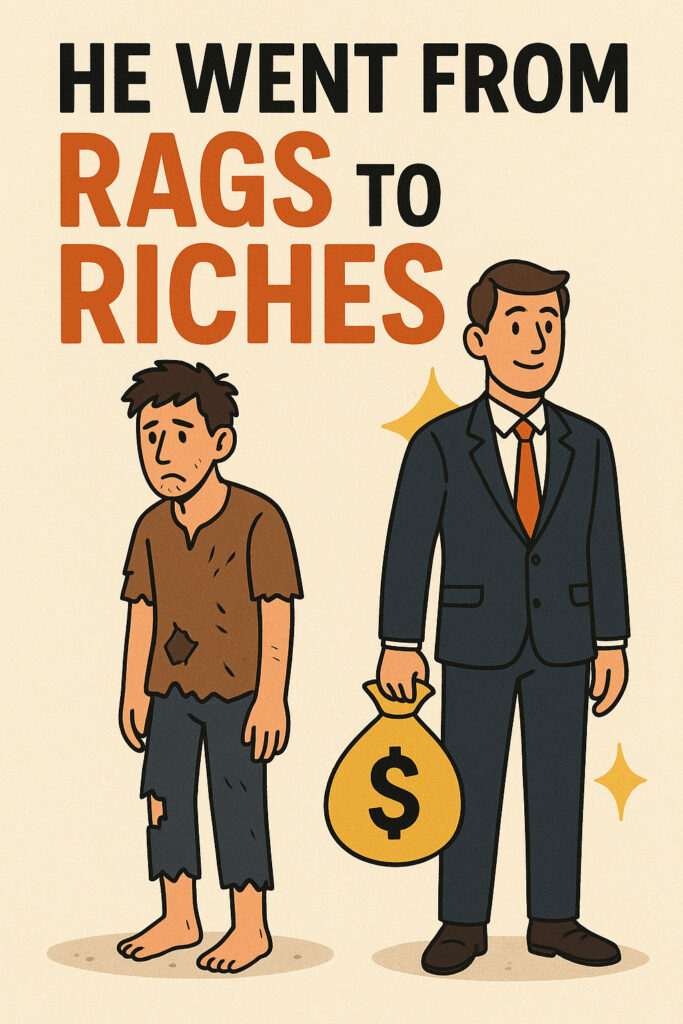
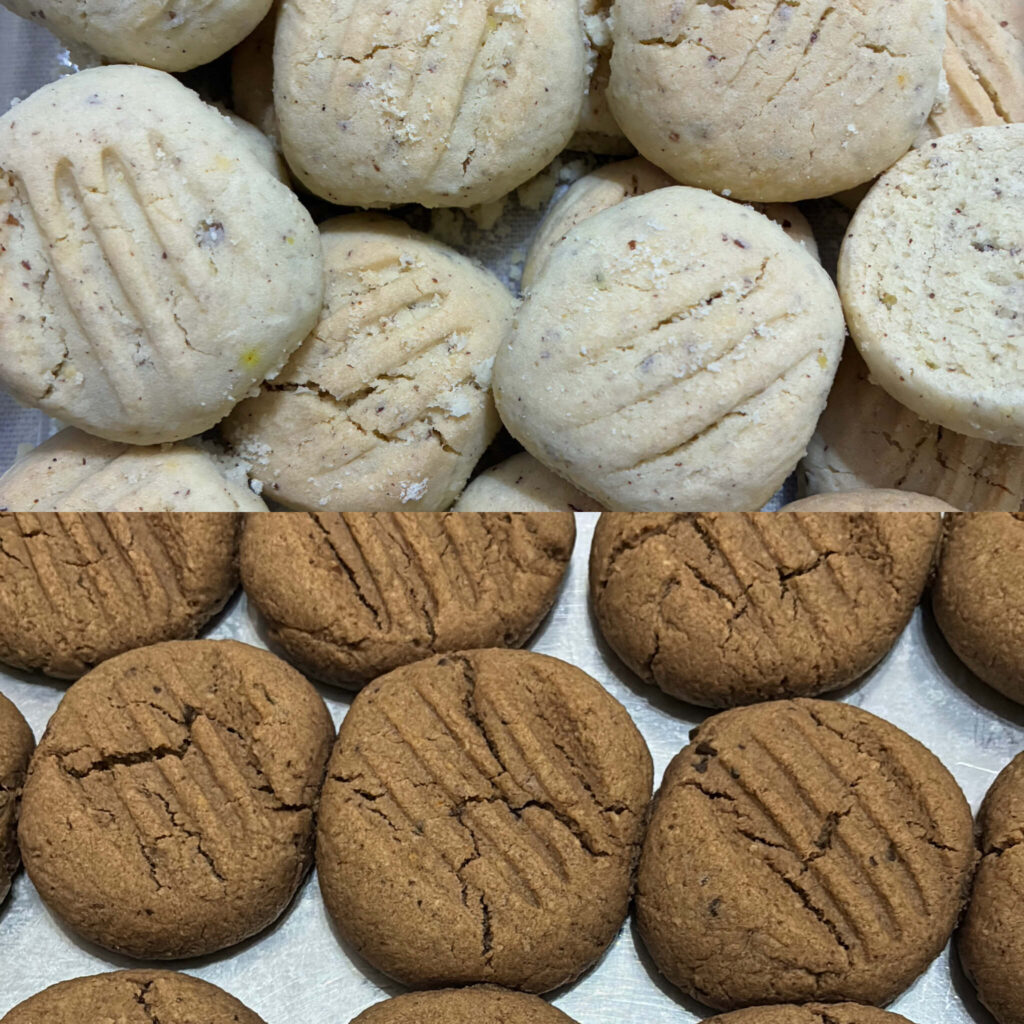
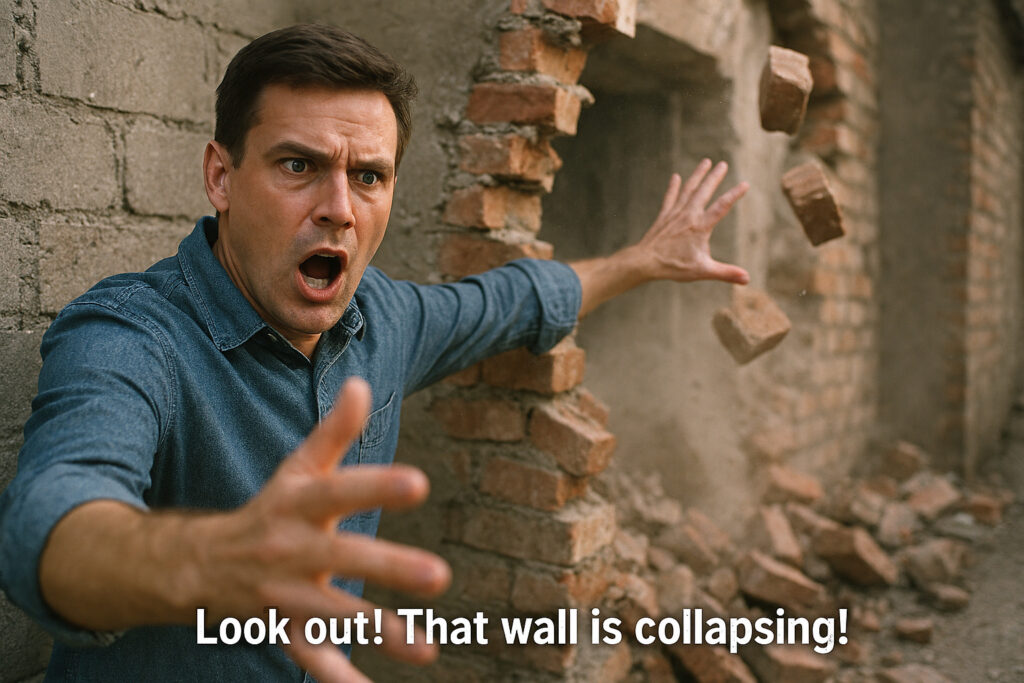
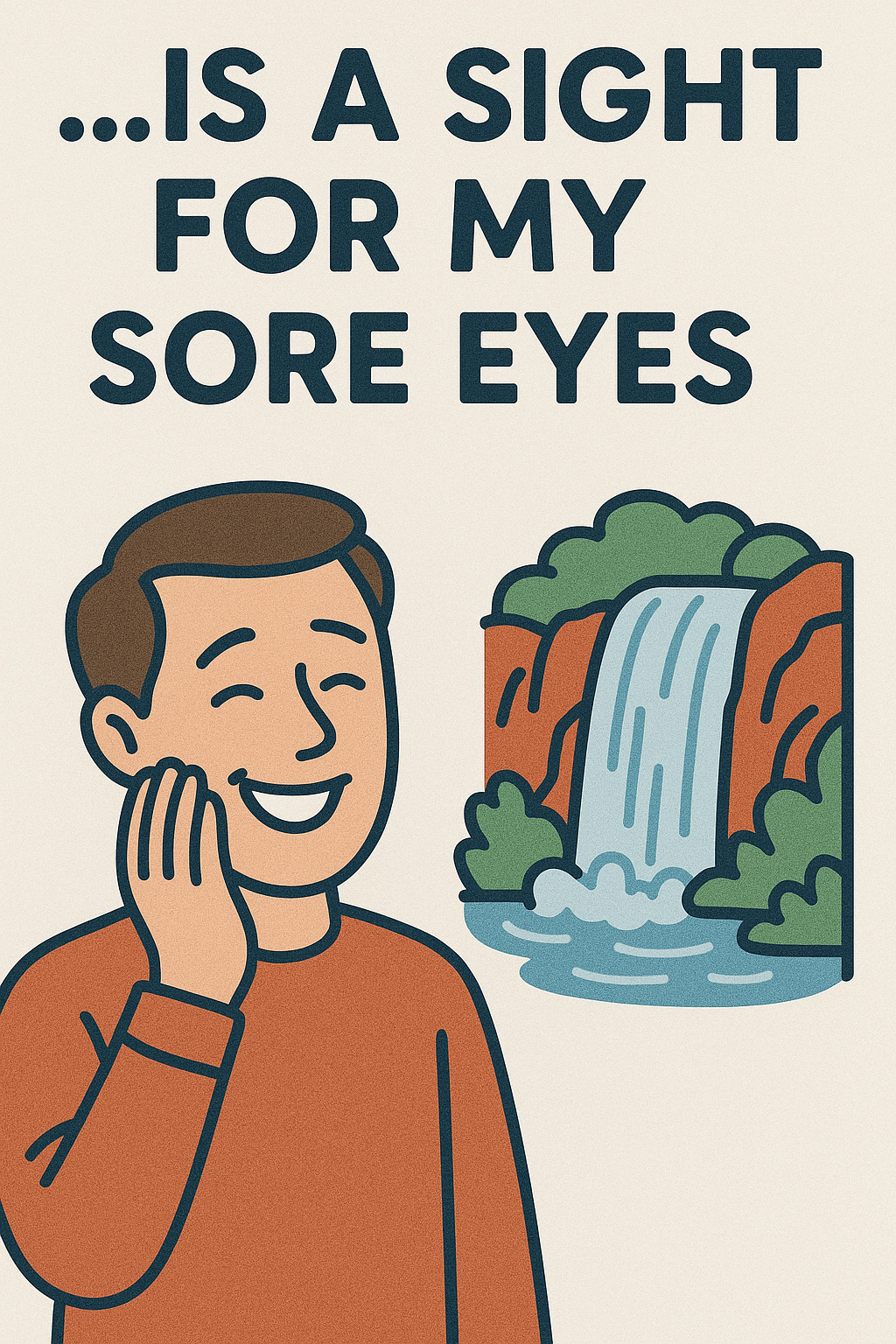 … IS A SIGHT FOR MY SORE EYES.
… IS A SIGHT FOR MY SORE EYES. PERSISTENCE PAYS OFF BIG TIME!
PERSISTENCE PAYS OFF BIG TIME!
